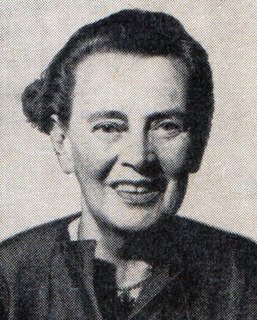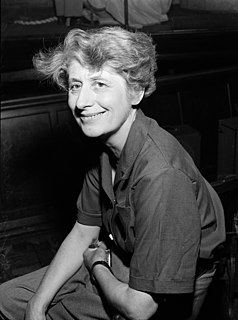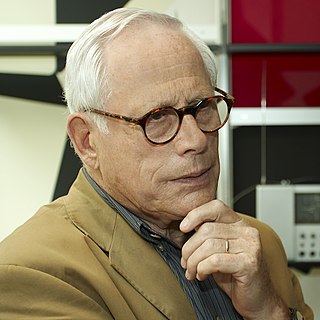A Quote by Karl Wilhelm Friedrich Schlegel
In order to be able to write well upon a subject, one must have ceased to be interested in it; the thought which is to be soberlyexpressed must already be entirely past and no longer be one's actual concern.
Related Quotes
Is evolution a theory, a system, or a hypothesis? It is much more it is a general postulate to which all theories, all hypotheses, all systems must henceforward bow and which they must satisfy in order to be thinkable and true. Evolution is a light which illuminates all facts, a trajectory which all lines of thought must follow this is what evolution is.
There is, in fact, only one solution: the state, the government, the laws must not in any way concern themselves with schooling or education. Public funds must not be used for such purposes. The rearing and instruction of youth must be left entirely to parents and to private associations and institutions
All writers who can claim to be called 'living' must be political in a sense. They must have what the Quakers call a concern to understand what is happening in the world, and must engage themselves, in their writing, to promote no comfortable lies, of the sort which people will pay well to be told rather than the truth.
Thoughts are created in the act of writing. [It is a myth that] you must have something to say in order to write. Reality: You often need to write in order to have anything to say. Thought comes with writing, and writing may never come if it is postponed until we are satisfied that we have something to say...The assertion of write first, see what you had to say later applies to all manifestations of written language, to letters...as well as to diaries and journals
Three characteristics a work of fiction must possess in order to be successful:
1. It must have a precise and suspenseful plot.
2. The author must feel a passionate urge to write it.
3. He must have the conviction, or at least the illusion, that he is the only one who can handle this particular theme.
Good designers must always be avant-gardists, always one step ahead of the times. They should – and must – question everything generally thought to be obvious. They must have an intuition for people’s changing attitudes. For the reality in which they live, for their dreams, their desires, their worries, their needs, their living habits. They must also be able to assess realistically the opportunities and bounds of technology.
The master-economist must possess a rare combination of gifts. He must reach a high standard in several different directions and must combine talents not often found together. He must be mathematician, historian, statesman, philosopher - in some degree. He must understand symbols and speak in words. He must contemplate the particular in terms of the general, and touch abstract and concrete in the same flight of thought. He must study the present in the light ofthe past for the purposes of the future
He must be able to hear them [the counter arguments] from persons who actually believe them; who defend them in earnest, and do their very utmost for them. He must know them in their most plausible and persuasive form; he must feel the whole force of the difficulty which the true view of the subject has to encounter and dispose of; else he will never really possess himself of the portion of truth which meets and removes that difficulty.
On the subject of the history of the American Revolution, you ask who shall write it? Who can write it? And who will ever be able to write it? Nobody, except merely its external facts... all its councils, designs and discussions having been conducted by Congress [behind] closed doors - and no members, as far as I know, having even made notes of them. These, which are the life and soul of history, must forever be unknown.







































